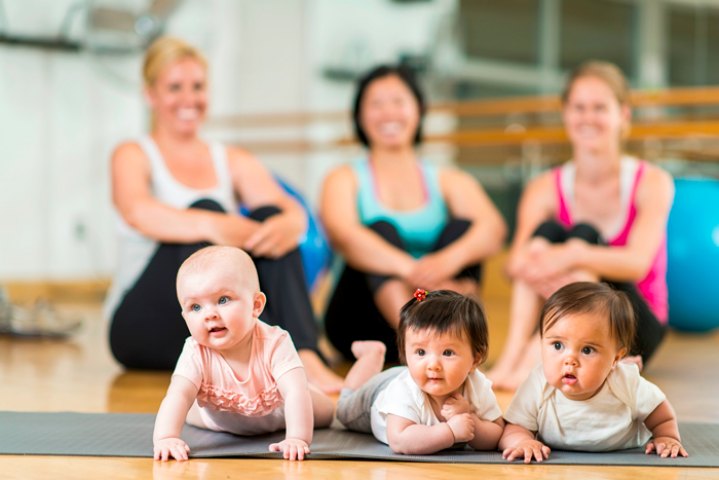Reasons to Have a Baby in Your 20s
There’s no right or wrong time to have a baby, even though different decades have their own particular advantages and disadvantages. For instance, those women who give birth in their early 20s benefit from boundless energy, reduced risk of birth defects, and faster post-birth recovery. So, if you’re thinking of having a child in your 20s, but you can’t find the courage, this list of reasons can help you make up your mind.
Fertility
Women are at the peak of their fertility in their early 20s, after which fertility starts to decline slowly. From a biological point of view, your 20s are the best years for conceiving and carrying a baby. Your eggs are at the best quality they will ever be, which means that it’s easier to get pregnant and your risk of miscarriage is the lowest.
Energy
If you’re planning to have children in your 20s, you’re likely to have more energy to play and take care of them. And, when you have a baby, you definitely need energy. You may be able to wake to feed your little one a couple of times in the middle of the night, and still be able to function properly the next day. However, some women have high energy levels no matter their age.
Flexibility
Young moms are more flexible – they can kneel over the bathtub or get down on the floor to play with their children, without getting a backache. In your 20s, you’ll also have more energy to chase your crawling baby for hours without feeling completely exhausted.
Post-Birth Recovery
If you’re having a baby in your 20s, then you should know that you are going to heal easier. Also, in your 20s it is way easier to get the baby weight off. Your skin still has lots of elasticity in it, so things will go back to normal way faster. The truth is that the older you get, the longer it takes for your body to recover after the delivery. A woman’s 30s are the time when her skin starts to noticeably age and her elastin and collagen begin to decline.
Biological Clock
Many young women are choosing to focus on their careers first, before having children. On the other hand, there are lots of women who miss out on big career advancements when they decide to get married and have a baby. However, you should keep in mind that your biological clock starts ticking at age 27. This means that the older you get, the lower your chances are of getting pregnant. Studies have shown that the best age to get pregnant is between the ages of 20 and 35 – when the woman is most fertile and the risk of serious complications is low.

